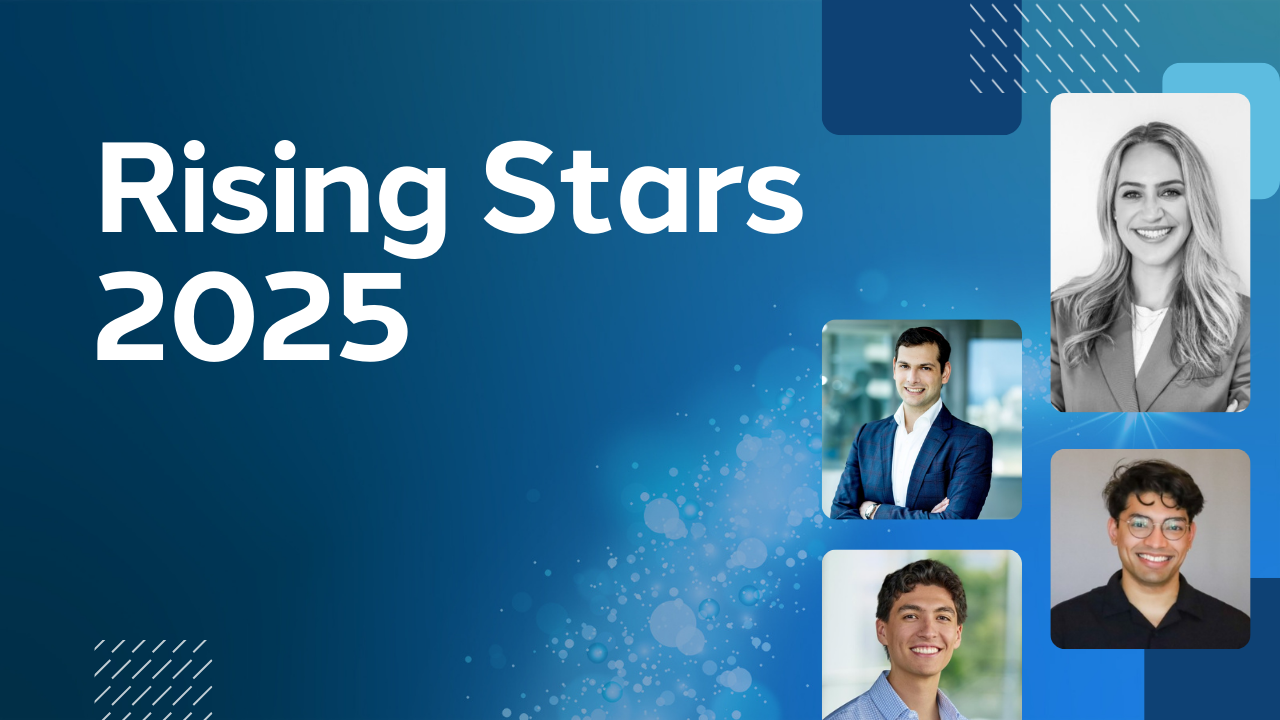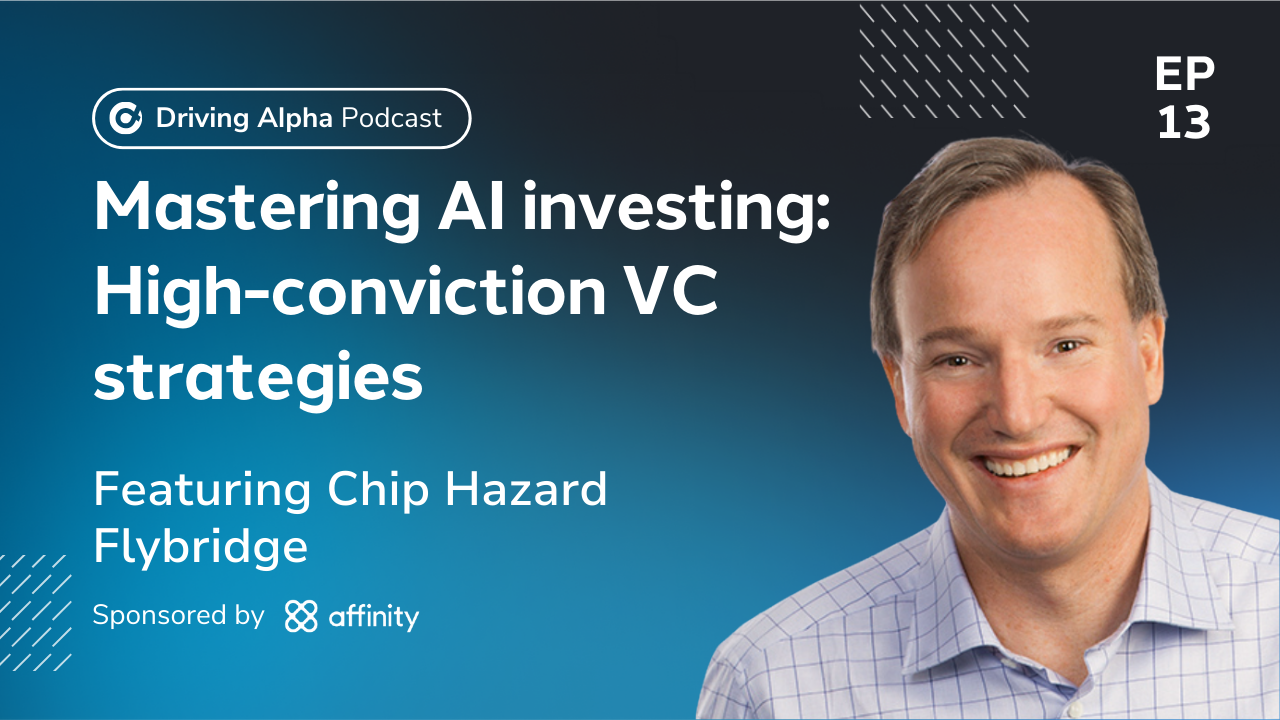In a recent RealClearMarkets op-ed, Alpha Partners, Managing Partner, Steve Brotman shared his perspective on a quiet but powerful shift happening inside artificial intelligence, and what it means for the future of startups and venture capital.
“The commodification of AI should force the venture community to reexamine assumptions about what it takes to succeed,” Brotman writes. “It should compel startups to adopt a discipline of capital efficiency and operational rigor that is essential for long-term success.”
For the past 18 months, much of the attention in AI has centered on the largest and most expensive foundation models that are backed by billions in compute and infrastructure. But Brotman argues that the real opportunity is now shifting toward vertical AI, which includes leaner, more targeted applications that generate measurable ROI for customers.
Take Pearl AI, one of Alpha’s portfolio companies, which uses small language models to automate dental diagnostics. Instead of building atop giant general-purpose models, Pearl develops proprietary tools that are purpose-built for dentists—minimizing infrastructure costs while delivering immediate, domain-specific impact.
The theme of doing more with less isn’t new in tech. Brotman draws a parallel to the late-1990s telecom boom, when billions were spent laying fiber that eventually led to ultra-cheap bandwidth. The real winners weren’t the infrastructure builders, they were the application companies like YouTube and Netflix that came later.
It’s a familiar pattern: as cost curves fall and tools become commoditized, the next generation of value emerges at the application layer.
Another key shift is the rise of open source. Brotman points to DeepSeek as a catalyst, the open-source model briefly rumored to have been trained for just $6 million. In a space once dominated by closed, proprietary systems, startups that can build on or contribute to open ecosystems now have a shot at real scale without the need for massive capital.
This is a story of both cost and competition. As Brotman notes, open-source dynamics are changing how companies build moats, how quickly they can get to market, and how nimble startups can challenge entrenched players.
Looking ahead, Brotman highlights embodied AI as the next frontier, such as drones, humanoid robots, and physical automation. With roughly 50% of global GDP tied to human labor, even modest gains in this space could have outsized economic impact. The falling costs of AI infrastructure will only accelerate this trend.
At Alpha Partners, we’ve long backed companies that deliver tangible, capital-efficient results. In a hype-driven environment, we look for execution, not just ambition. As AI enters its next chapter, Brotman’s message is clear: efficiency is the new scale.
Read the full op-ed in RealClearMarkets.



